HOLGUÍN, Cuba.- “I handed in my taxi driver license. The car began to fail and it was more the expense in repairs and spare parts than the profit. I raised the price, but I couldn’t get any passengers. Most said that the race was very expensive,” taxi driver Juan Carlos, owner of a Lada brand car made in Russia, tells CubaNet. Due to the breakdown of their vehicles, private transportation workers in Holguín have seen their economic situation progressively worsen since the beginning of the Russian invasion of Ukraine on February 24 of this year.
Before the war, every year 25,000 Cubans traveled from the island to Russia, taking advantage of the free visa offered by the Eurasian country. Given the lack of offers in stores, Cuban private importers brought spare parts from Russia for Ladas and Moskvitch, the car brands that travel the most on the island.
However, the war has canceled tourist trips between Moscow and Havana and with it the transfer of merchandise from the Slavic country to Cuba has disappeared.
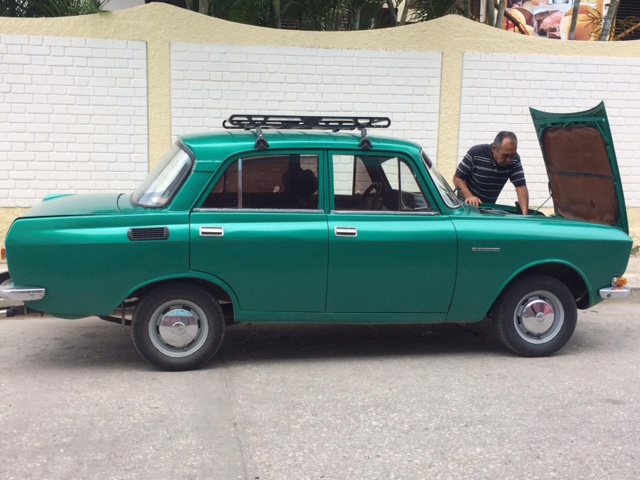
It is common to see these Russian-made vehicles on the streets with the engine hood raised and the owners trying to find a solution to the breakages that have increased due to the terrible state of the roads in Cuba.
To this is added that the technical flaws of the cars are among the main causes of accidents in the territory.
The shortage also affects the state sector. However, the most affected are private taxi drivers. Several owners have delivered the Transport Operation License (LOT) due to breakages or the inability to ensure a technical condition of the vehicle that allows them to satisfy the customer.
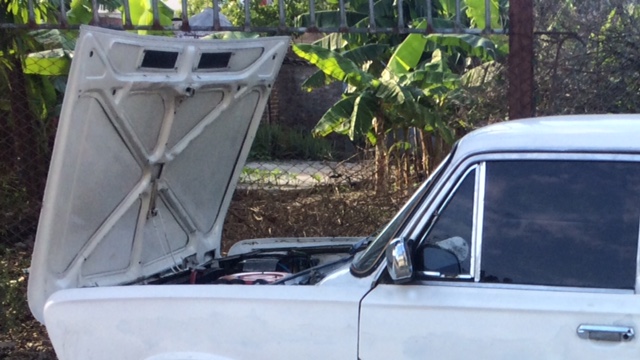
Those that remain active have raised the price of the ticket in line with the increase in the cost of spare parts, a decision that hurts passengers.
The situation is part of the high inflation rate of the Cuban economy. A domino effect has been created that raises popular discontent.
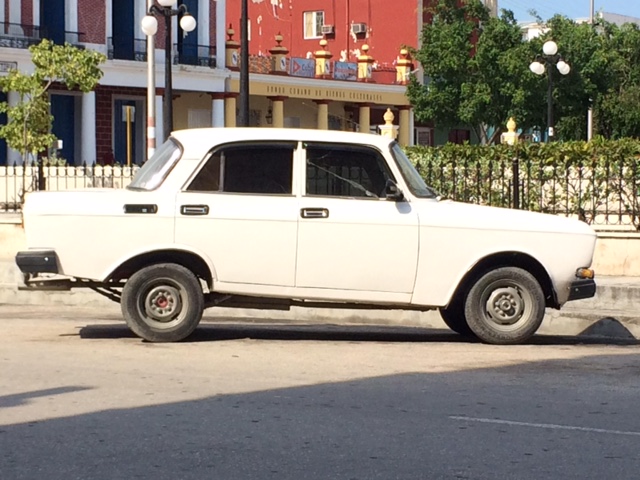
Shortage in spare parts
For its part, the shortage of spare parts has increased their prices astronomically.
Three years ago Norge has been working as a private taxi driver in his Lada brand car. He had problems with the rear right tire axle bearing. “The piece cost me 1,500 pesos and I also bought the seal for 700 pesos so that the oil does not come out of the differential. In these two things, which are small and simple, I invested 2,200 pesos. Car parts have never been so expensive in this country,” laments Norge.
The case of Manuel, owner of a Russian car brand Moskvitch, is more unfortunate.
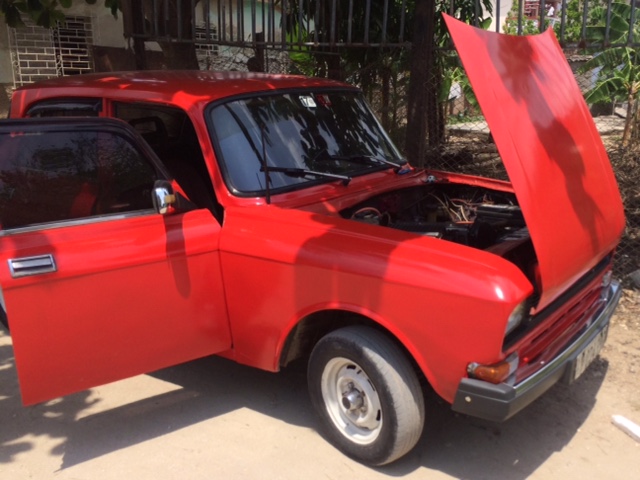
“With a ticket I went to Chaparra which is 50 kilometers away. For the trip I charged 2000 pesos. It is a reasonable price to retain the customer. On the way back the disc and the plate of the cloche broke. The first cost me 10,000 pesos and the second 20,000. I fixed the car, but I ran out of funds for breakages. I have to start thinking about another business because this one is losing”, he confesses.
There are cars with old bodies that circulate with engines from vehicles made in Russia. Rafael, another private taxi driver, drives a Chevrolet made in 1958 of which he only keeps the bodywork. The gearbox is from a Volga, a car brand made in Russia.
“I was away from work for several days due to a broken gearbox bearing. It didn’t appear anywhere. I found it for 2,000 pesos, too expensive, but I had no other alternative”, Rafael says that he has also resorted to inventions to solve the breakages. “When I assembled the box I discovered that it was leaking oil. I immediately went out to look for the factory seal, but I couldn’t find it. And since I couldn’t go on without working, so I put silicone on it”.
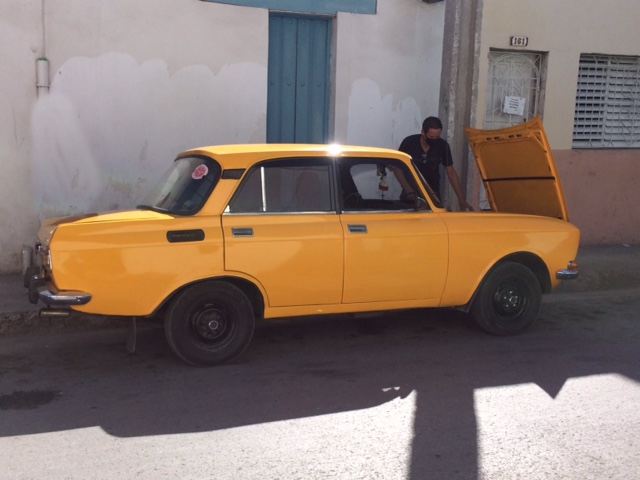
In the state stores there is not a varied and stable offer. “This is a great business that the Government has not been able to take advantage of. They are the only ones that have all the legal and material resources to carry out imports. If the parts are sold in MLC stores, we would buy them. But it’s just that there aren’t any in those stores either,” says Armando, another private taxi driver.
Experts estimate that some 20,000 American classic cars and between 80,000 and 100,000 Ladas travel in Cuba. Most entered the country in the 1980s and 1990s. To a lesser extent, they were imported in the early 2000s.
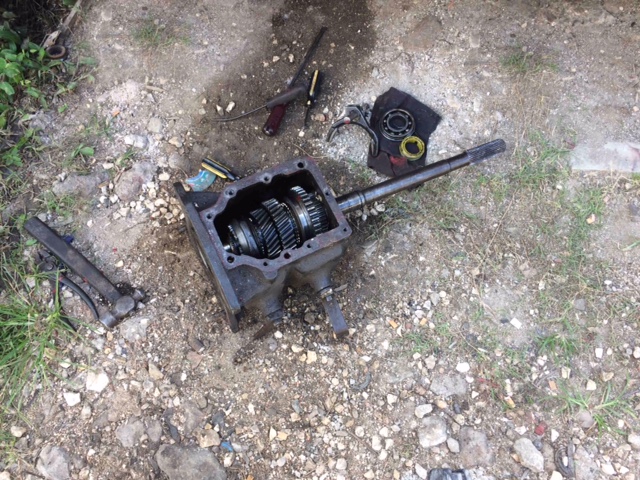
In January 2018, the Government imported 344 cars Vesta and Largus Cross models, after 12 years without Lada brand vehicles entering the country.
The new cars were assigned to the Cuba Taxi Company. And with the acquisition, the park of three taxi agencies in the capital was renewed.
The note in the official Granma newspaper generated dissimilar opinions. “I hope they bring more and sell them to Cubans for 10,000 or 12,000 dollars. A price that is normal in any country in the world. Anyone who can buy it should buy it in order to replace a little the cars that have been circulating for more than 60 years,” commented a visitor identified as Rubén.
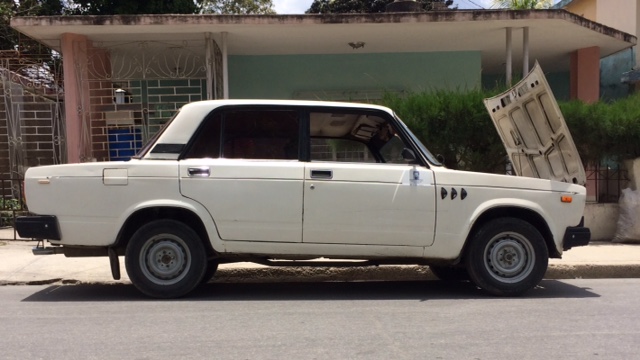
roads in poor condition
Frequent vehicle breakdowns are caused by the poor state of the roads.
According to official figures, 37% of the roads in Cuba are in fair condition and 39% in poor condition. A government stat published in 2019 that three years later has not improved.
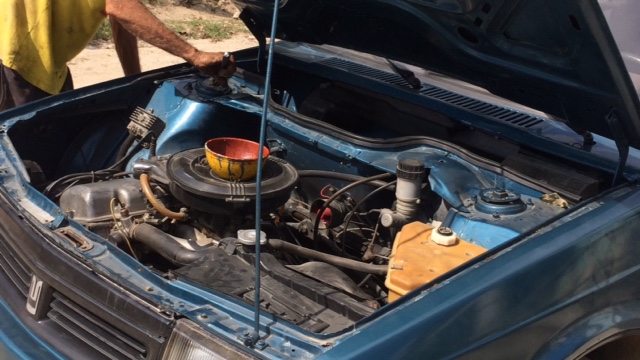
Holguín, the third largest province in the country and with more than a million inhabitants, has an extensive road network, many of them of national interest. Although no official statistics have been published, perceives a high deterioration from the same.
“There are many potholes in the streets and highways that affect the mechanics of the cars. Our job is to be on the road and we are the most affected. We pay traffic tax, but obviously that money is not used to improve the state of the road. We really don’t know where that money is going,” says Esteban, a taxi driver who works at the entrance of the Dagoberto Sanfield inter-municipal terminal.
Accidents due to technical malfunctions
Technical faults in vehicles are among the main causes of accidents in the territoryassures Manuel Leyva González, secretary of the Provincial Road Safety Commission in Holguín.
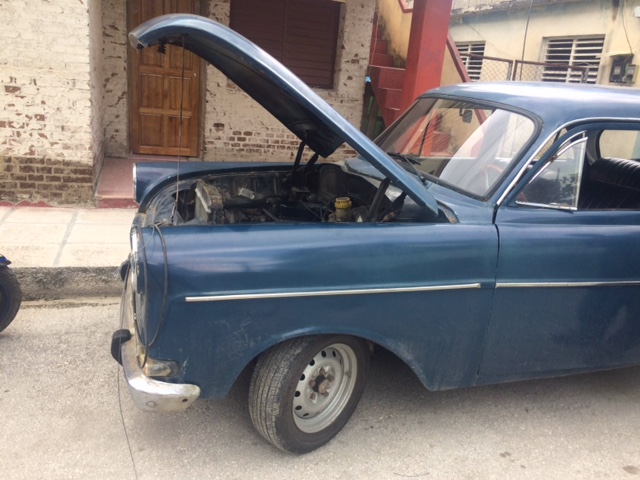
In the first three months of this year, traffic accidents increased, compared to the same stage in 2021.
However, several taxi drivers assume the danger. “In the remainder of 2022, traffic accidents will increase even more. In stores there are no spare parts and on the black market there are very few and expensive ones. We know that at the helm we risk our lives, but we have to keep working to support our family. Everything is very expensive and there are very few options for doing business,” says Leonides, a Moskvitch driver.
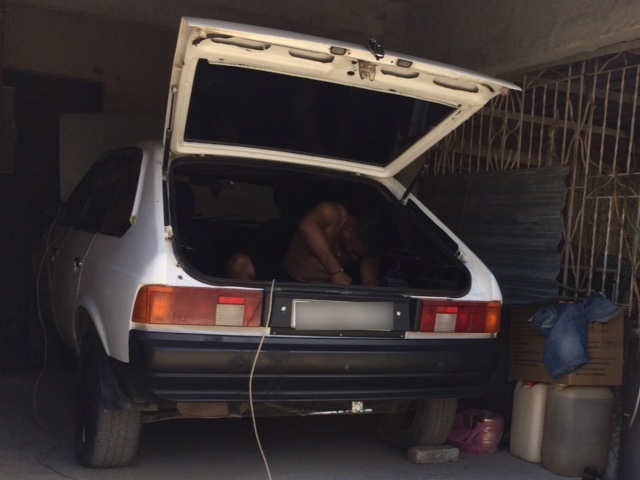
Receive information from CubaNet on your cell phone through WhatsApp. Send us a message with the word “CUBA” on the phone +1 (786) 316-2072, You can also subscribe to our electronic newsletter by giving click here.















